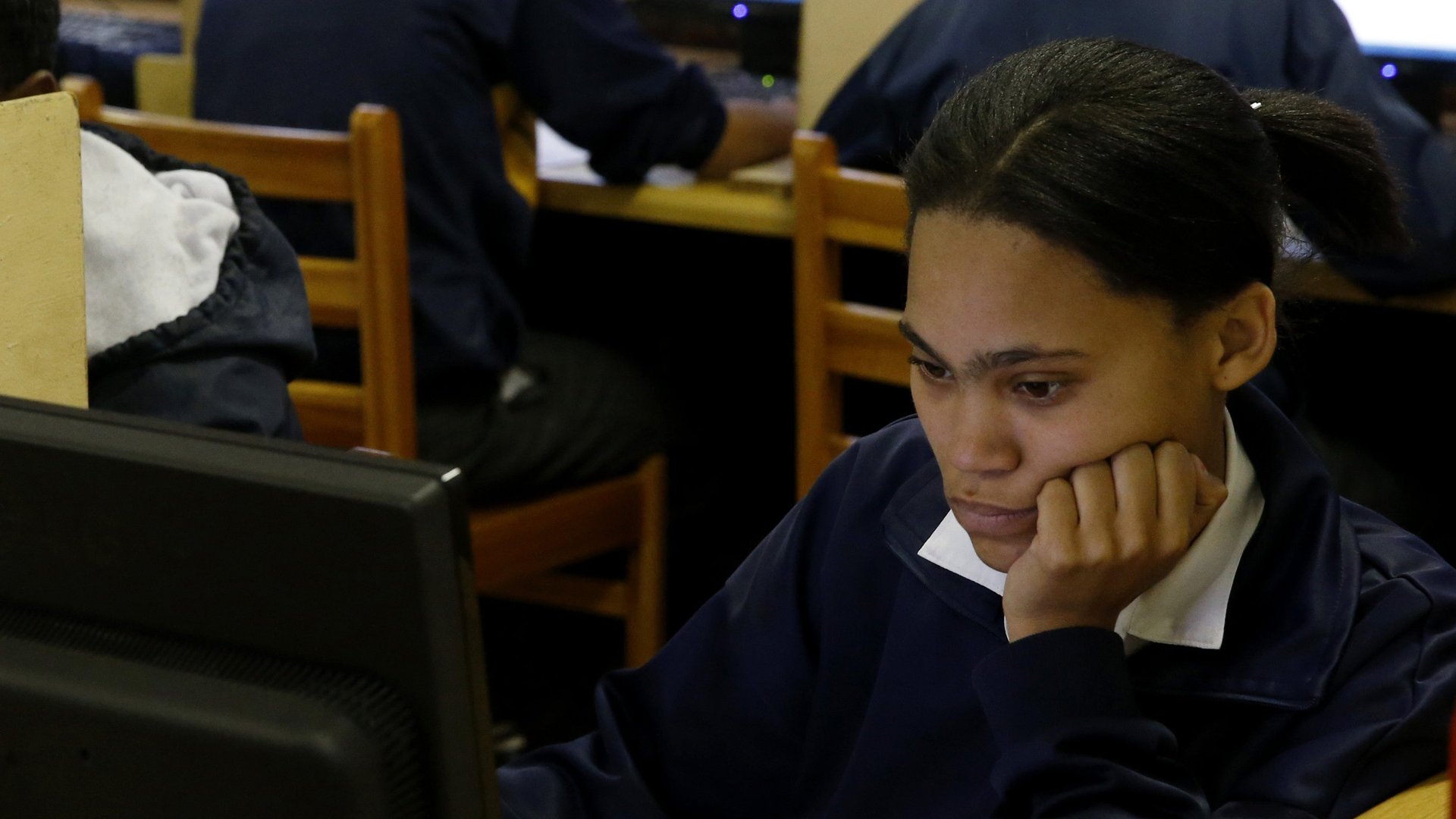Mxit’s former CEO wants to rev up South Africa’s internet market with nationwide Wi-Fi
Alan Knott-Craig Jr, former CEO of Mxit, which was once Africa’s largest social network, wants to take over South Africa’s wireless internet market.


Alan Knott-Craig Jr, former CEO of Mxit, which was once Africa’s largest social network, wants to take over South Africa’s wireless internet market.
To do this, Knott-Craig Jr is not building a telco from scratch, instead, he is enticing some 200 small wireless internet service providers (WISPs) across the country to join HeroTel—his new company launched on Tuesday (Aug. 25). It will bring together disparate wireless internet providers to build a single national wireless provider by next April.
As small wireless internet providers join, the costs of running of a wireless internet business, like bandwidth, will be reduced as HeroTel will use bulk-buying to drive input costs down. The HeroTel brand will also provide a cohesive branding platform for South Africa’s small and fragmented wireless internet service providers.
Knott-Craig Jr claims South Africa’s wireless internet sector—with 200 small companies raking in combined annual revenues of R700 million ($70 million)—has grown as a result of the poor service and unreliability of fixed-line operators. And he hopes to launch HeroTel’s service offering next April on the back of these small companies.
Economies of scale
HeroTel has already started building the national Wi-Fi network by acquiring two companies, Snowball and Cloudconnect, both operating in Western Cape in South Africa.
“We don’t have to buy every wireless internet provider in the country to make this work, but we will need a critical mass, said Knott-Craig Jr in an interview with Quartz. “Wireless internet providers will join the HeroTel Alliance, which will work like a franchise, providing them with the benefits to help them generate more revenue.”
While fixed-line connections continue to be a choice for some households and businesses, it is impossible to ignore the impact of mobile broadband on internet connectivity in South Africa.
Data from South Africa’s statistical agency, StatsSA, shows how (pdf, pg. 53) 41.3% of South Africans connect to the internet through mobile devices—which include 3G cards and “internet dongle” devices, many used at home and in some places of work.
Knott-Craig Jr is adamant that despite their widespread use, mobile data providers will be not be HeroTel’s competitors, his new company will be focused on winning households and small business customers from fixed-line operators.
“We’re competing with fixed-line operators: the old-school connect-through-a-copper-line guys. The mobile guys are not our competitors, plus they are at a disadvantage because they charge exorbitant out-of-bundle rates to their customers,” says Knott-Craig Jr.

The demand for fixed-data lines in South Africa seems to be on the rise. Telkom—a semi-privatized national telco which owns 80% of South Africa’s fibre network—grew its fixed-line subscribers from 932,000 in March 2014, to over 1 million subscribers in March 2015.
While Telkom has a monopoly over the fixed-line data business, HeroTel has the opportunity to compete directly by being nimble, something the large company struggles with. By providing wireless technology that outclasses Telkom’s popular ADSL copper line service, HeroTel could set itself as an alternative to fixed-data lines for households and businesses in South Africa.
“I’ve been looking at the way in which some of the most succesful start-ups in Silicon Valley are run—lean and mean. I think its time that telcos started to operate like this. You cannot wait for R 1 billion to make it happen, you just have to get on with it,” says Knott-Craig.
Telco pedigree
With Knott-Craig Jr as its chairman, the HeroTel has some impressive investors: former CEO of FNB, one of South Africa’s largest banks, Michael Jordaan, as well as Rand Merchant Bank’s CEO and CIO, Mike Pfaff and Derek Prout-Jones.
It also helps that Knott-Craig Jr, son of Alan Knott-Craig Sr–former CEO of Vodacom and Cell C, and a stalwart in South Africa’s telecommunications industry, has had his hand in the internet business before.
Knott-Craig Jr once ran iBurst, a once popular wireless broadband company which struggled with profitability, he left the business in 2009. He is also the brains behind Project Isizwe, a social enterprise he started three years ago to assist South African municipalities build free Wi-Fi zones in low-income communities.